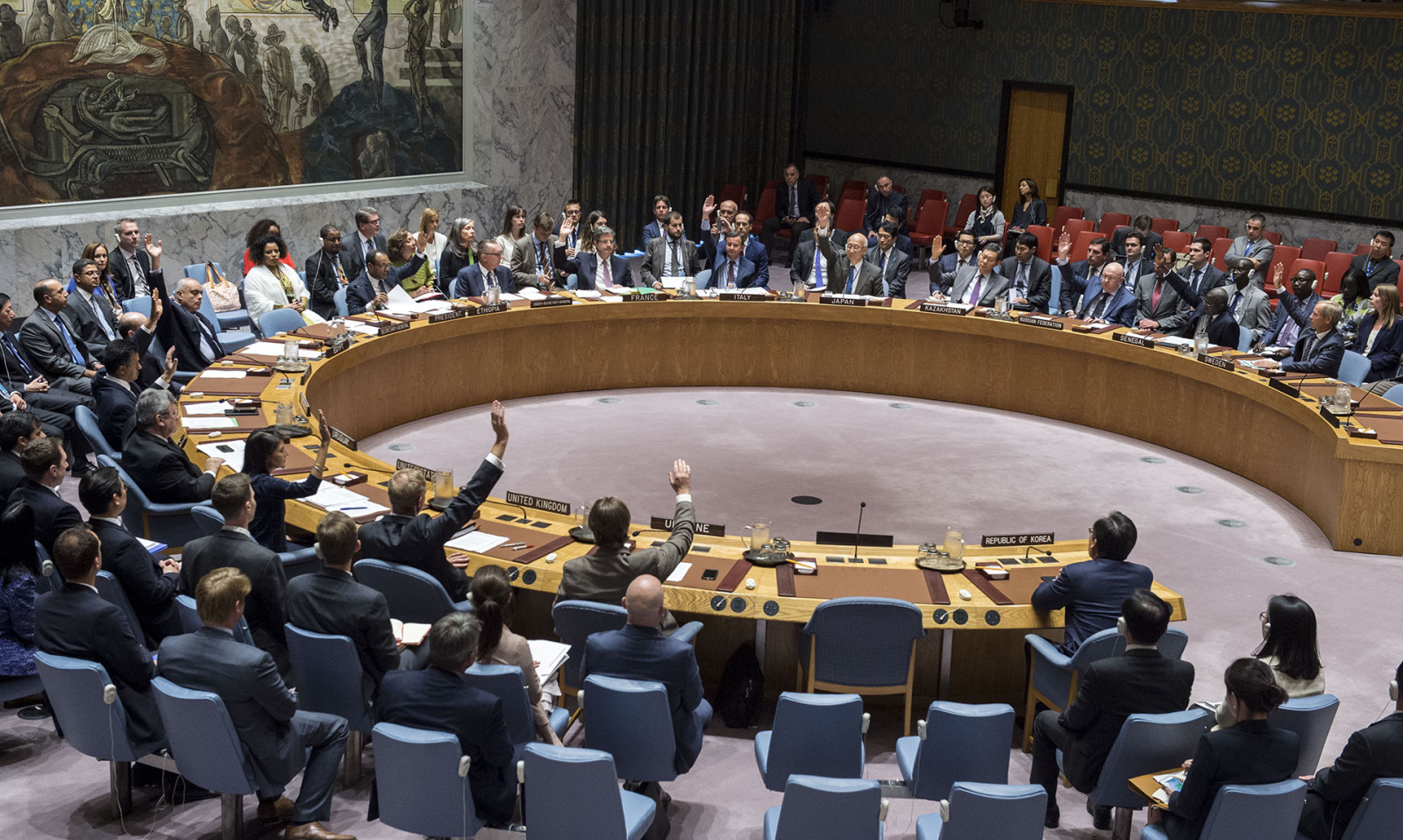Is the UN Security Council still relevant? France and Japan's views on the future of multilateralism

Practical information
The war in Ukraine exemplified the limitations of the UN Security Council (UNSC), as this key institution was not able to efficiently act for the maintenance of international peace and security.

In another case, the UNSC has been unable to stop DPRK’s nuclear and ballistic program, a destabilizing factor in Asia. Time might have come to debate the relevance, operational capacity, and legitimacy of the UNSC. Japan, which has been elected in June 2022 as non-permanent member of the UNSC for the 12th time has been advocating for a reform of the instance. France is supporting this initiative.
Japanese and French experts and practitionners will debate on the future of multilateralism, and especially of the UN Security Council.
The webinar will be held on Zoom, in English.
PROGRAM
Following a brief set of remarks by each speaker, the discussion will interactive and led by the Chair. Q/A from the audience will be included in the discussion.
Chair and discussion leader: Céline PAJON, Head of Japan Research, French Institute of International Relations (Ifri)
- Yukio TAKASU, Japanese diplomat, former United Nations Under-Secretary-General (UNSG) for Management and Special Adviser on Human Security to the UNSG
- Manuel LAFONT-RAPNOUIL, Director Policy Planning, French Ministry of Foreign Affairs
- Akiko FUKUSHIMA, Senior Fellow, The Tokyo Foundation for Policy Research
- Guibourg DELAMOTTE, Senior Lecturer, French Institute of Oriental Studies (Inalco); Research Fellow at the French Research Institute on East Asia (IFRAE, CNRS)
Related Subjects
Other events

From Ambition to Action: Exploring Technological Partnerships with India
The 16th EU-India Summit, held on January 27th in New Delhi with European leaders António Costa, Ursula von der Leyen, and Prime Minister Narendra Modi, marks a significant milestone in deepening EU-India relations. At the same time, official bilateral visits from EU member states are on the rise, including that of the French President, who visited India in February to participate in the Artificial Intelligence Summit. As India asserts its technological ambitions and seeks to reduce its dependence on China, Europe is stepping up its efforts to diversify its strategic partnerships.

The Enlargement of the European Union: A Strategic Choice? France, the Western Balkans and the EU in an Uncertain Geopolitical Context
Russia’s war against Ukraine has brought the enlargement of the European Union back to the centre of European strategic debates. In this context, the Western Balkans have regained heightened visibility in discussions on the continent’s security, at a time when the international environment is marked by a growing number of destabilising factors.







